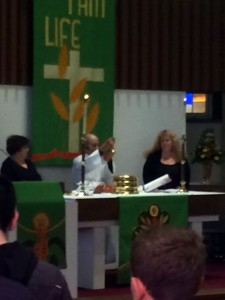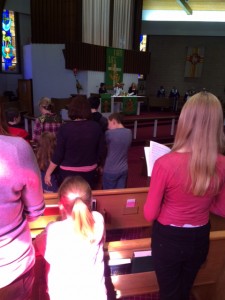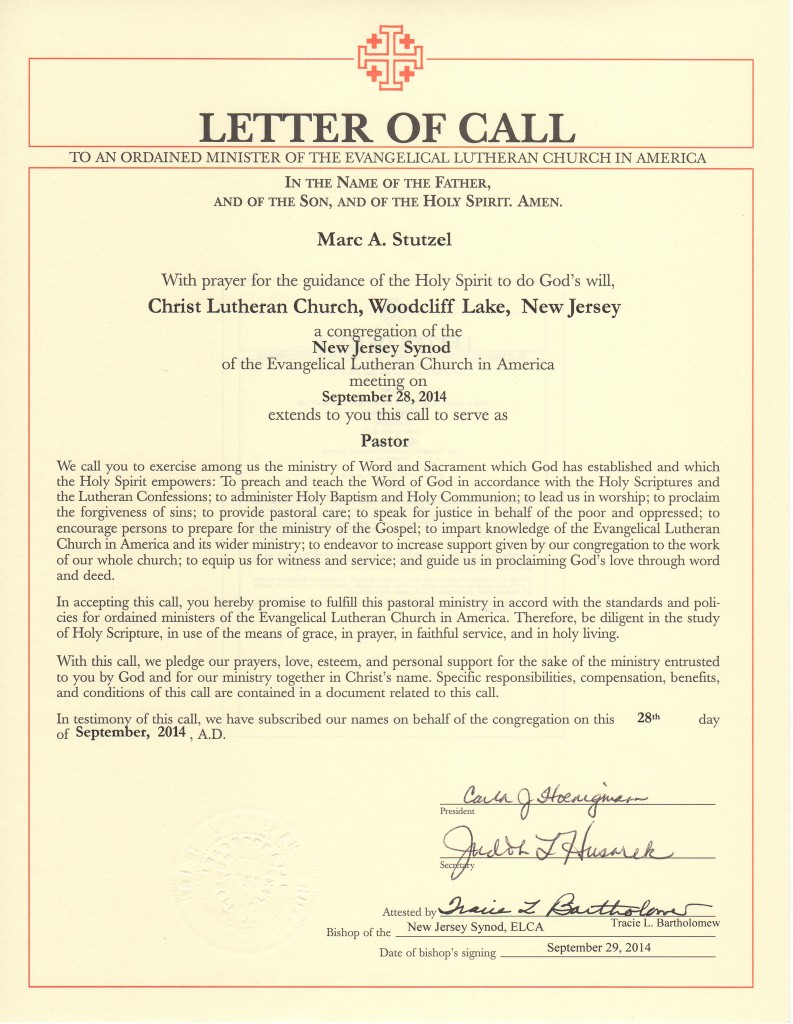Why Reformation Sunday?
Many Lutheran churches across the world are celebrating the “birth” of the Reformation. Martin Luther, a monk living in Germany and teaching at the local university, was disturbed by practices in the local church. He saw the church being a hindrance to God’s love and mercy rather than dispensing that love and mercy to those who needed it most. His experiences didn’t match fully with what he saw, what he learned, and what he taught. This struggle led him to reach out to his local university community. He wanted to talk about his experiences and thoughts with his local professors. Using the practices of his day, Luther wrote 95 statements (called theses) and posted them to the public bulletin board of his day: the front doors of his local university church. Luther was using the Facebook, Twitter, and social media tools of his day. What he expected was a few professors to respond back. What he didn’t expect was the firestorm that followed. This firestorm gave birth to the Lutheran church – an understanding of Christianity that leads to all of us gathered at Christ Lutheran Church today.
Now, 497 years later, many are wondering why we still celebrate this day. We don’t live in Germany, we aren’t monks from the 15th century, and the questions Luther faced are not necessarily the questions we face today. Luther was a person of his era, a prolific writer who wrote beautifully, faithfully, spiritually. He was a man of God. He also said many things that I wish he didn’t, including anti-Jewish tracts that we condemn fully and loudly. So how can this man who lived in a very different time help us today? How can his experience of God help our journey of faith as people with cars, smartphones, Twitter, Hondas, and reality TV?
And that question is why Reformation Day still matters. Luther’s legacy is more than just a set of unchanging thoughts about God, faith, and Jesus that we just happen to share. His true legacy rests in his willingness to continue a long tradition of engaging faith with experience, of keeping Jesus central rather than distant, and always seeing the Cross as an entrance to God rather than as an escape from God. Lutheran Christianity is a questioning Christianity. We are a people who proudly struggle with Jesus’ question to the disciple: “Who do you say that I am?” That question is our question. That question is a question we’ll always struggle with and we’ll never fully express all that our answer means. But that’s okay. We’re Lutheran Christians which means we aren’t finished yet. We are always being changed. We are always being reformed. So just how is God you, me, and all of us to be reformed?
Each week, I write a reflection on one of our scripture readings for the week. This is from Christ Lutheran Church’s Worship Bulletin for 10/26/2014.



